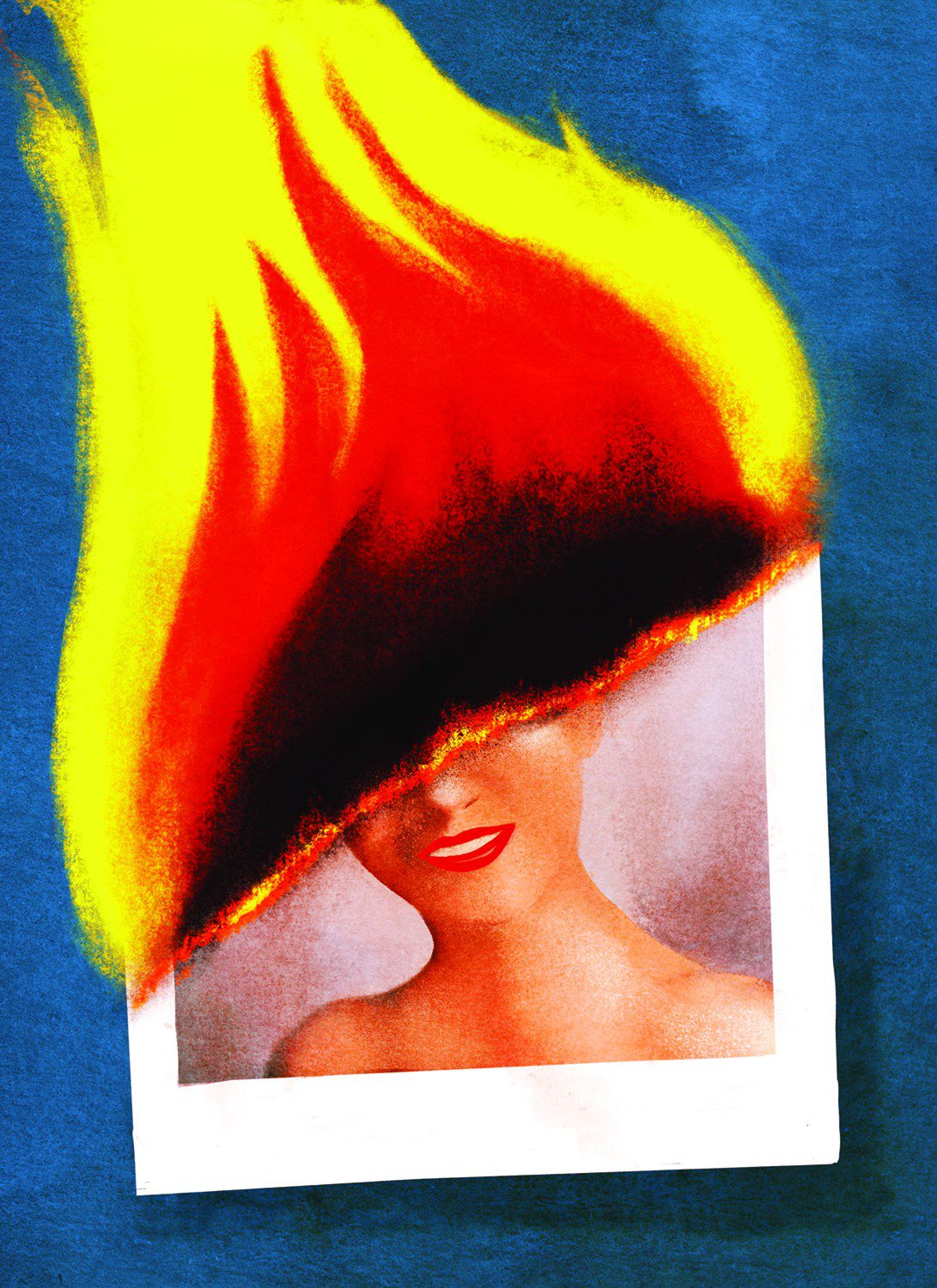

My grandfather was a pillar of the community and beloved by his family. He was also sexually abusive. He died when I was a child. I remember only one incident happening to me—during a cuddle session, he encouraged me to put my mouth on his penis, and then told me to let it be our little secret. I heard rumors as an adult that he molested other kids in the neighborhood. He also had a sexual relationship with my mother. She says nothing happened as a child. But as an adult, he started telling her he loved her in a romantic way. He told her he wanted to take nude Polaroids of her, and she let him. And she loved him—she and her sisters all pretty much idolized him. My one aunt knew (she said nothing happened to her), and I asked her how she reconciled that. She...


